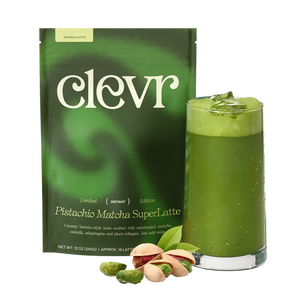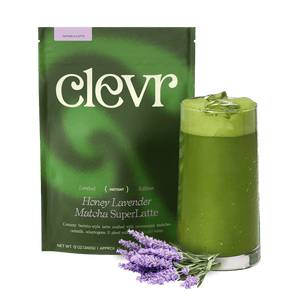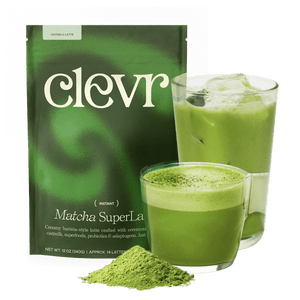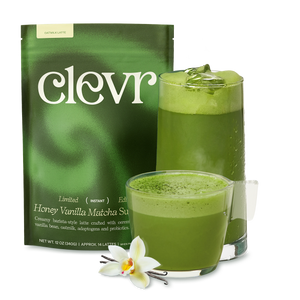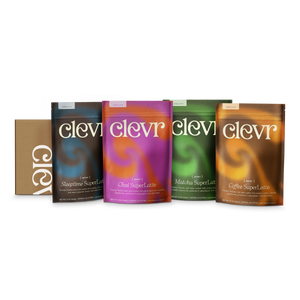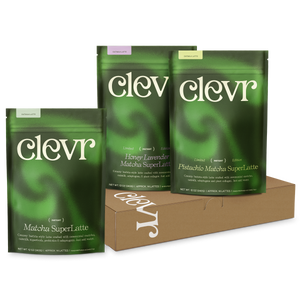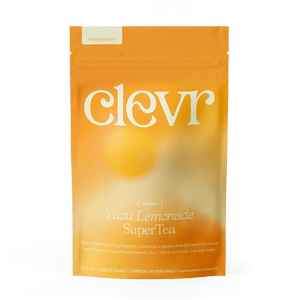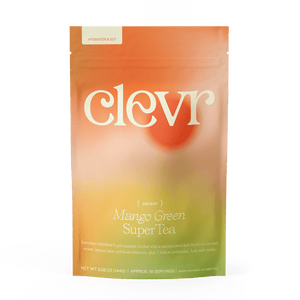
The Origins of Sustainability
As widespread as the concept of sustainability has become, its meaning has become diluted. It is too often synonymous with empty promises and performative gestures. So, what is sustainability?
From environmental practices to social justice to economic models, sustainability is a term that is widely used in various contexts, across cultures and languages and beliefs. At this point in time, we can all agree that the need for a ‘sustainable’ path forward isn’t a question - it’s necessary for human survival.
However, as widespread as the concept of sustainability has become, it’s often used in contexts that make its meaning and implementations unclear. In short, the meaning of ‘sustainability’ has become diluted. It is too often synonymous with empty promises and performative gestures. As we redefine sustainability for ourselves, let’s take a moment to step back and ask ourselves the simple question: What is sustainability?
The Evolution of Sustainability
To understand the meaning of sustainability, we need to start by looking back to its origins. The term sustainability was originally used in forestry practices, and was first referenced in a German forestry book in 1713. It described “sustained yield” as the practice of supporting the forest in naturally regenerating in future years, by harvesting just enough trees each year. The term eventually was expanded to include the protection of plants, animals and other food sources.
‘Sustainability’ was rarely used or talked about outside of technical scientific papers, until 1972, when The Blueprint for Survival was published as a series of articles in a popular British magazine. This was the first time that the term sustainability was used to refer to a lifestyle, including suggestions to improve management of natural resources, implement population controls and shift towards small, de-industrialized communities.
The concept of sustainability continued to shift and evolve with the changing needs and conditions of humanity. In 1987, the UN defined sustainability as “meeting the needs of the present [generation] without compromising the ability of future generations to meet their own needs.” And in 2005, the World Summit on Social Development introduced the concept of the triple bottom line. This incorporated three branches of sustainability - people, planet and profit - and suggested that they were all equally important in a sustainable approach.
At its core, the sustainability movement has questioned two things over time - the human impact on the environment and the best practices for moving forward. We now understand that decisions on sustainability are impacted by the health and wellbeing of those making the decisions. The original use of ‘sustainability’ in forestry has expanded to include the rest of the living world, but it has also deepened to include the mental and emotional wellbeing of the humans making quote on quote “sustainable” decisions.
The World Health Organization (WHO) acknowledges that “there can be no sustainable development without mental health.” As we deepen our understanding of sustainability in the 21st century, we understand that the health of our inner landscapes is directly correlated with the health of our outer landscapes. The UN’s Sustainable Development Goals include mental health as an important pillar of the 3rd goal, which is to “promote wellbeing for all at all ages.” Mental health is inextricably linked to the way in which we are able to show up for the health and wellbeing of our planet.
Sustainability at Clevr
At Clevr, we believe that social progress is just as important as environmental progress, for a sustainable future. Sustainability plays a large role in every decision that we make, but it goes beyond just the environmental impacts of our products. It touches other pillars of our brand, including the choice to prioritize respect and empowerment for both our internal team and the farmers and partners we work with. It guides the choice to donate 1% to food justice, as we share our profits to support both planet and people, right here in our local food system.
We believe that sustainability should be more than a word slapped on a marketing campaign, to check it off for Earth Month each year. Sustainability is important on a global and corporate level, but also at an individual level, as we support our bodies and minds to make daily choices for a sustainable future.
When we prioritize self care and mental health, we increase our capacity to make decisions to support thriving ecosystems from a more grounded and present state. We like to say: Self care is sustainable. (Read more about this here!)
As we heal ourselves, we heal the planet.

